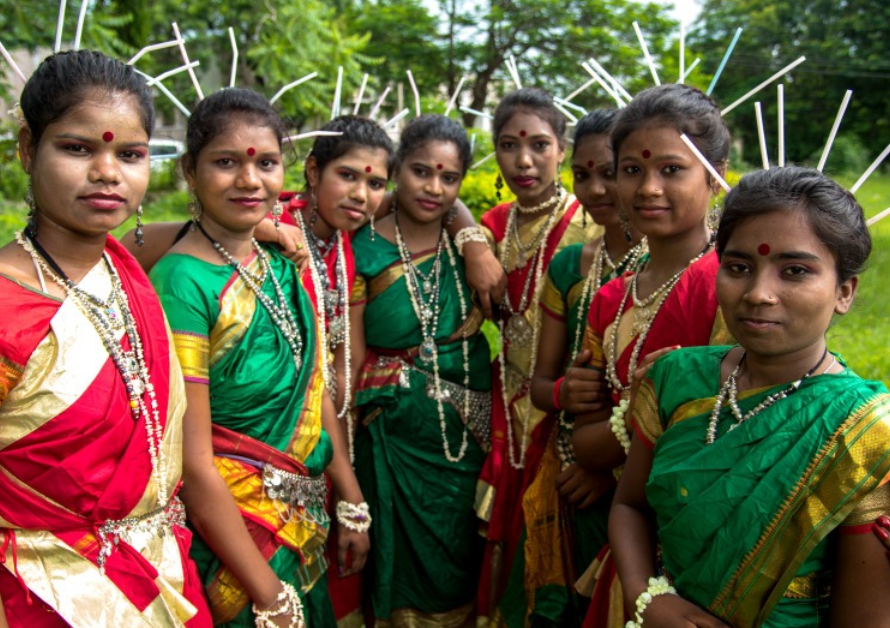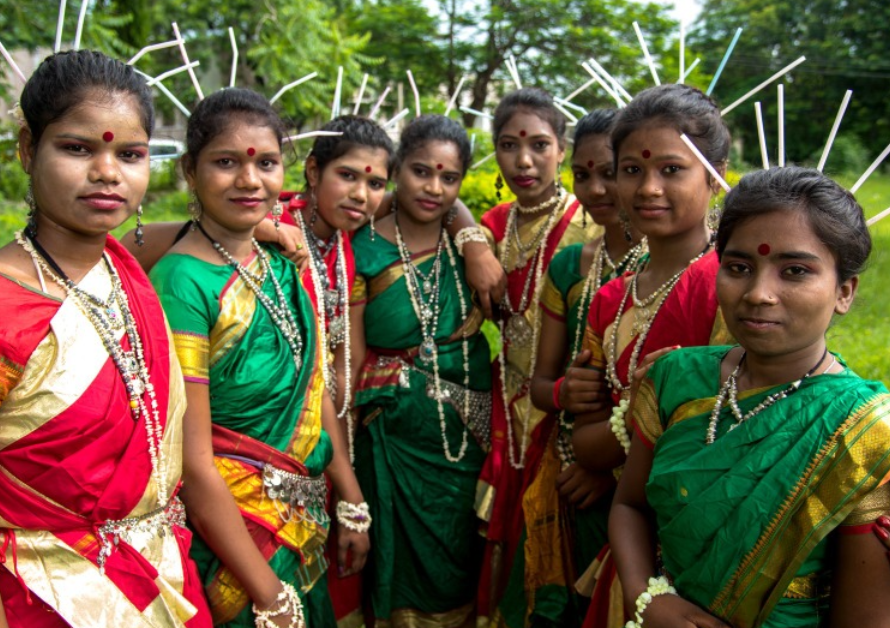The Aftermath of the Godhra Train Burning (2002): A Turning Point in Gujarat
Before 2002, Gujarat faced communal riots almost two to three times a year, making it one of the most riot-prone states in India. However, after the Godhra train burning incident, in which 59 Hindu pilgrims, including women and children, were brutally burned alive by a Muslim mob, a massive retaliation followed. The post-Godhra riots were a watershed moment, delivering a strong message to rioters who had previously indulged in violence without fear of consequences.
- The retaliation was so severe that since 2002, Gujarat has remained largely riot-free, a stark contrast to its past.
- The message was clear: If you indulge in large-scale violence and terrorism, there will be repercussions.
- Today, Gujarat stands as an example where law and order have been effectively maintained, and no significant communal violence has occurred in over two decades.
This transformation serves as a lesson in deterrence, proving that a strong and resolute government response can change the security landscape of an entire region.
The 1984 Anti-Sikh Riots: The End of Khalistani Terrorism
Another historical parallel can be drawn from the 1984 anti-Sikh riots, which erupted after the assassination of Prime Minister Indira Gandhi by her Sikh bodyguards.
- During the 1980s, Khalistani separatists were actively engaging in terrorism and violence, especially in Punjab.
- The Indian government had conducted Operation Blue Star to eliminate armed separatists from the Golden Temple, further escalating tensions.
- After Indira Gandhi’s assassination, riots broke out across Delhi and other parts of India, leading to the deaths of thousands of Sikhs.
- While the violence was tragic, it marked a turning point—Khalistani terrorism declined sharply in the years that followed.
This historical example demonstrates how certain events and government actions can serve as wake-up calls to extremist factions, forcing them to reconsider their violent agendas.
The Present Threat: Islamic Jihadism and Growing Radicalization
In the current scenario, radical Islamist groups and their supporters are once again testing the patience of the Indian state.
- Jihadi elements are openly engaging in terrorist activities, from bomb blasts and targeted killings to threats against government institutions and judiciary.
- Now, they have started threatening the Indian judiciary and government over proposed amendments to Waqf Board laws, which grant unfair privileges to Muslim institutions.
- Radical leaders are calling for mass protests, street violence, and nationwide disturbances if the government dares to amend these laws.
This pattern is similar to what was seen in Gujarat before 2002, when Islamists believed they could riot and get away with it.
- A decisive and firm response is now needed to ensure that history does not repeat itself.
- If the government and judiciary succumb to these threats, it will set a dangerous precedent, encouraging more radicalization.
The Need for a Strong and Unyielding Approach
India’s security and stability depend on firm governance that refuses to bow down to extremist intimidation.
- Past incidents have shown that when strong action is taken, long-term peace follows.
- Weak responses only embolden anti-national forces, encouraging them to push their agenda further.
Just as Gujarat and Punjab were stabilized through strong measures, today’s challenges require a bold and unwavering stance against radical elements.
Conclusion: Learning from History to Secure India’s Future
- Appeasement has never worked and will never work.
- Terrorism, riots, and separatist agendas thrive where there is weakness.
- A government that takes decisive action ensures long-term peace and stability.
India today faces a critical moment, where its response to Islamist threats and radicalization will determine the future.
If history has taught us anything, it is that strong leadership is the only way to safeguard national integrity.
Jai Bharat! Jai Hind!!
For more blogs please visit www.saveindia108.in and to join our whatsapp group please click https://chat.whatsapp.com/HxGZvlycYPlFvBO17O3eGW







